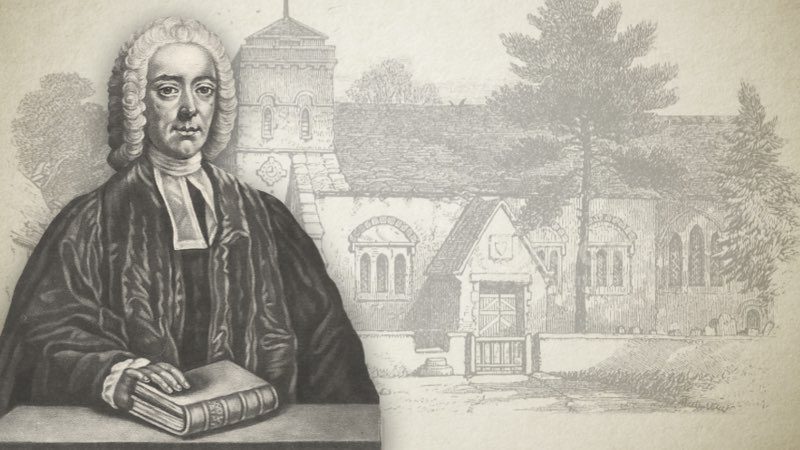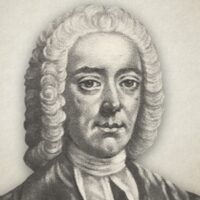
The Sanctifying Power Of The Holy Spirit
Weston-Favell, May 27, 1750
Dear Sister,—The country is now in its perfection. Every bush a nosegay, all the ground a piece of embroidery; on each tree the voice of melody, in every grove a concert of warbling music. The air is enriched with native perfumes, and the whole creation seems to smile. Such a pleasing improving change has taken place; because, as the Psalmist expresses it, God has sent forth his Spirit, and renewed the face of the earth. Such a refining change takes place mankind, when God is pleased to send his Holy Spirit unto the heart. Let us therefore humbly and earnestly seek the influences of this divine Spirit. All our sufficiency is from this divine Spirit dwelling in our hearts, and working in us both to will and to do. Without his aids, we are nothing, we have nothing, we can do nothing. Would we believe in Christ to the saving of our souls? We must receive power from on high, and be enabled by this divine Spirit; for no man can say, that Jesus is Lord, or exercise true faith on his merits, but by the Holy Ghost? Would we be made like unto Christ? It can be done only by this divine Spirit. We are transformed into the same image, says the apostle, not by any ability of our own, but by the Spirit of the Lord. Would we be set on the right hand of our Judge at the last day? This is the mark that will distinguish us from the reprobates, and number us with his faithful people. For unless a man, unless a woman, have the Spirit of Christ, they are none of his. But, since we infinitely need this enlightening and sanctifying Spirit, is the God of heaven equally willing to give it? He is; indeed he is. To obtain this gift for us sinners, his own Son bled to death on the cross. That we may be made partakers of this gift, he interceedeth at the right hand of his Father; and he has passed his word, he has given us a solemn promise, that if we ask, we shall receive it. See, remembers, and often plead in prayers, Luke 11:13. From your affectionate brother, &c.
James Hervey
James Hervey (1714-1758) was an Anglican (High-Calvinist) preacher and writer. In 1737, he took his orders and held several curacies throughout the course of his gospel labors. In 1752, he succeeded his father as rector of Weston Favell. His writings were used of God to help shape Robert Hawker’s understanding of sovereign grace. In “William Huntington: Pastor Of Providence”, 1994, George Ella wrote:
“Huntington realized early in his ministry that a too worldly, Romanist and rationalistic view of justification, sanctification and personal holiness was rampant in the churches. This was, in his opinion, because the biblical doctrine of imputed righteousness was either paid mere lip-service, robbed of its direct connection with the person of Christ, or denied altogether. Thus Huntington, who was familiar with Wesley's attacks on Hervey and suffered personally at the hands of the Fullerites, decided to take up Hervey's mantle and complete the work he had begun to do, stressing especially the part personal sanctification played in the lives of the elect. In his first prose work, The Arminian Skeleton, Huntington attacks both Armi- nianism and Fullerism by emphasizing the traditional tenets of Calvinism and stressing that only when these tenets are accepted can one begin to understand the biblical doctrines of imputed righteous- ness, sanctification and holiness."



